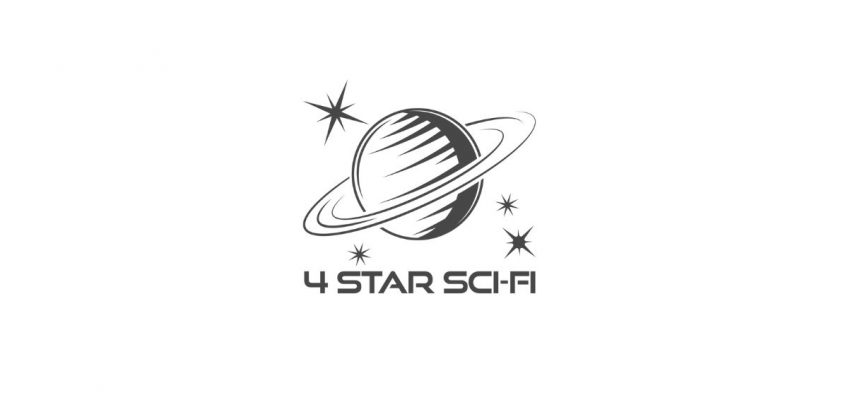Welcome back to another blog hop, with #OpenBook. Here’s this week’s prompt.
Don’t forget to click the purple button to see what everyone else has to say on this week’s subject. It’s at the end of my post.
What subject would you like to learn more about?
This will be a weird one.
I’d like to know more about the worlds of the future. And how everything in the universe is connected.
I wrote about a subject called Rubber Science a while ago.
This is the science of the imagination, of things that don’t exist but sound like they could. Obviously, as a Sci-fi writer, I’m an exponent. One of my Rubber Science disciplines is Galactography.
It’s a term I devised to describe the study of the myriad bodies that make up our Galaxy, their classification, properties and interactions. And how to travel between them.
The more world-building I did, the more I could see that there was room in my Sci-fi worlds for a character to lead the reader through the intricacies of Galactography. Someone who was an expert and loved to explain everything in a way non-scientific people could understand.
Who better than a galactic explorer?
Let me tell you a little about the man I chose for the task. This brief biography is taken from an editorial in Galactographic! Magazine.

The person who popularised Galactography was a man called Ballantyne Alysom.
Alysom, one of the best-known and loved explorers of the light age expansion, took over the moribund magazine National Geographic at the start of the great decade of discovery and turned it into Galactographic!
This was the first magazine to document the scientific knowledge about the worlds beyond ours that was being accumulated daily.
He used its pages to showcase his voyages of exploration and discovery, explaining what he found in a simple, non-technical way that enthused a generation.
Along with Mel Andros, a university professor of the subject, he appears in my novel Survive. In it, we feature planetary collisions, problems with the practical mechanics of faster-than-light travel and survival on an unexplored planet, amongst other things.
That’s a lot of Rubber Science to devise and refine.
I was lucky to have their expertise on hand to help me sort it all out and explain it to readers.
Obviously (😂), I’ve had to make a lot of the Galactography stuff up (it’s what I do) and make it all sound convincing, using the principles of Rubber Science and what we do know about how the universe behaves. It takes ages and a lot of effort. I hope that readers think I’ve managed to create a believable scenario.
But, as I said at the start, while it’s fine to create an illusion of science, I’d rather know that what I’m saying is right.
What do you think about this week’s subject?
Let me know below.
Then, please click the purple button to check out what my fellow writers have to say about this week’s topic.
Until next time.

I’d love to get your comments, please leave them below. While you’re here, why not take a look around? There are some freebies and lots more content, about me, my writing and everything else that I do. You can join my newsletter for a free novella and more news by clicking this link.
Check out the other great blogs here.

![]()



Stevie Turner
You’ll have to return to Earth in 500 years’ time to find out if your prophesies are correct!
Richard Dee
Oh yes, that would be a great time to return.
Steven
I have to admit, I do a lot of schooling when I am writing in steampunk worlds. What were the customs, cultures, fashion, architecture and technology like in the Victorian era, and then how might these look in a world with a judicial application of steam!
Richard Dee
It’s all the behind the scenes work that the readers never notice. I’ve spent all day learning about the possibilities of mining on Mars, which will probably take up a paragraph in the final book.
P.J. MacLayne
Everything we know about our worlds, the more our readers will feel part of it.
Richard Dee
Absolutely. I want the reader to think I’m describing a reality they might feel comfortable in.
Kelly Williams
Amazing! That’s interesting science, and I bet a I do fans really appreciate that level of detail.
Richard Dee
Thanks, I do hope they appreciate my efforts at realism. Ideally, the science (although fantastic to us) should be unobtrusive, like technology is in our world.